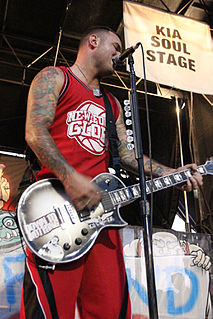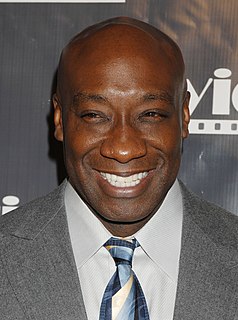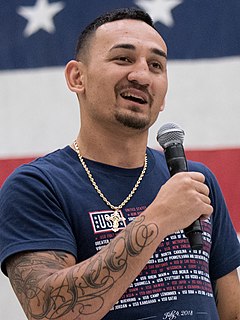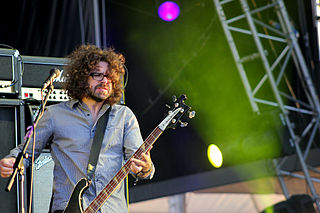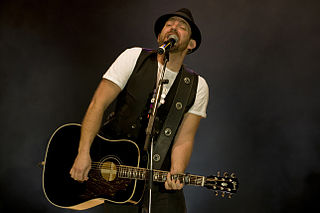A Quote by Ian MacKaye
I'm not talking about what came later [after the American underground punk scene], indie music, or whatever you want to call it, but the music that came before that - that's an important story. So many interviews with musicians get the time or context wrong. You have these older bands, usually men, who tell stories about "Oh, we got into this huge fight, this guy punched that guy," that's the wrong sort of story. My view of the time is truly pioneering.
Quote Topics
Related Quotes
I got my story, my dream, from America. The hero I had is Forrest Gump... I like that guy. I've been watching that movie about 10 times. Every time I get frustrated, I watch the movie. I watched the movie before I came here again to New York. I watched the movie again telling me that no matter whatever changed, you are you.
There was a time before I felt I was a real writer, when I was a yarn spinner and I just wanted to tell story until it was over. But then there came a time where I was like, 'No, I want to understand something through writing this that I might have not understood before. I want people to come away with something to think about.'
Many musicians are fabulously skilled at playing the black dots on the printed page, but mystified by how the dots got there in the first place and apprehensive of playing without dots. Music theory does not help here; it teaches rules of the grammar, but not what to say. When people ask me how to improvise, only a little of what I can say is about music. The real story is about spontaneous expression, and it is therefore a spiritual and a psychological story rather than a story about the technique of one art form or another.
I got to fight the greatest-of-all-time in my weight division - not once but twice. I was watching this guy when I was 16 years old when I first started kickboxing. I wanted to fight Aldo in a kickboxing match. A couple years later, I came to MMA and wanted to fight him. 10 years later, I got to fight the man twice.
I can actually get involved in getting stories off the ground that no one would ask me to be in because I'm the wrong age, the wrong sex, the wrong nationality, or whatever. I've found it quite exhilarating to have that freedom to tell the stories that aren't just about middle-aged white English guys.

